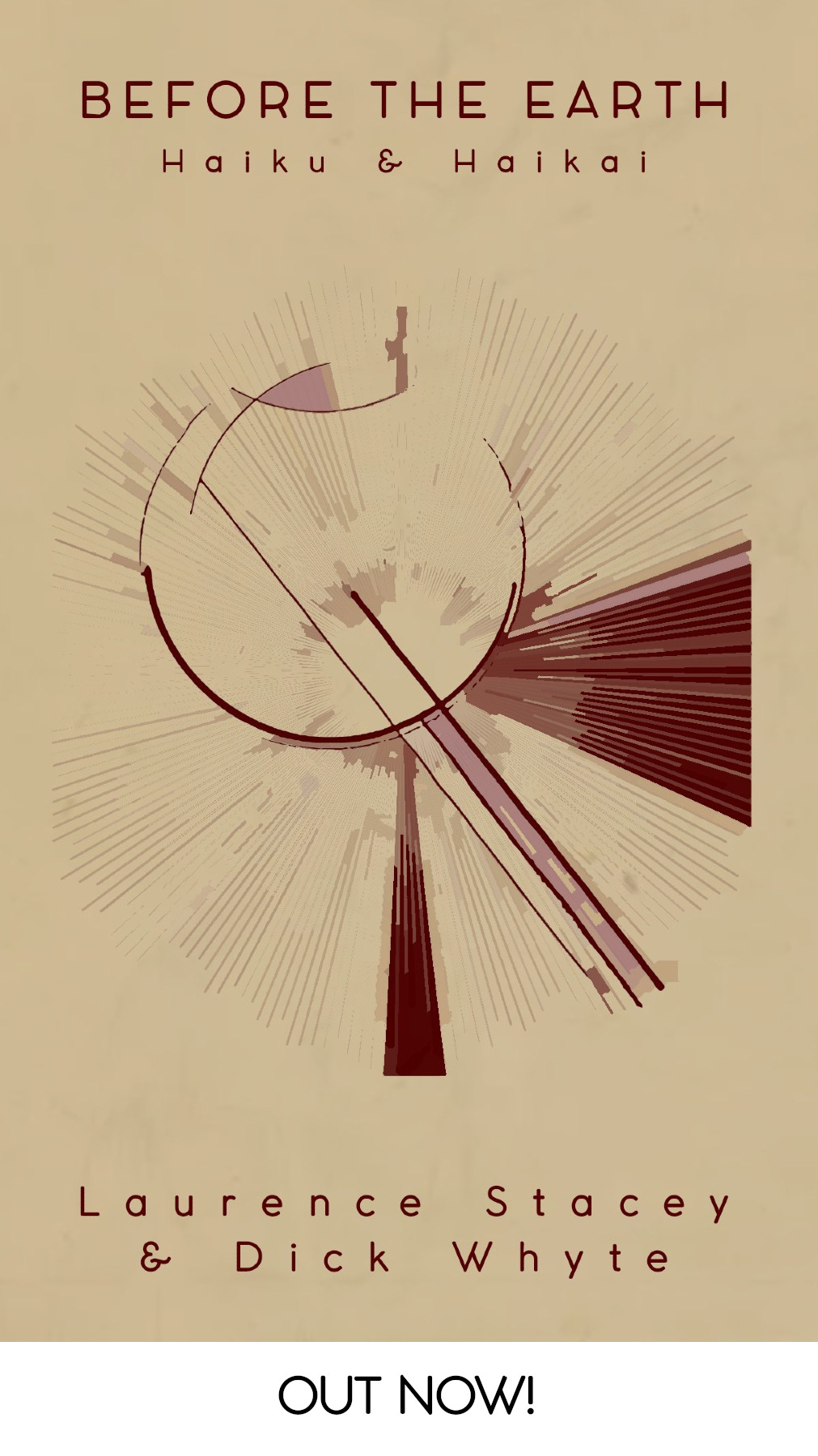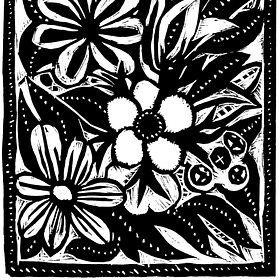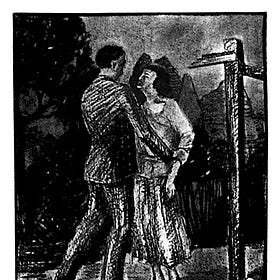—: Song in the Desert :— The wind And sand have washed my floor Until it’s white as milk. A cactus bloom Fell on my floor today. A wild bird Darted in the door, Beat his wings against the wall And then flew out. At night The wind too light— Or was it wind?— Came in . . . .
—: Acceptance :— And if the wall Be blank The stars gone out, So be it— “I am no better than my fathers.”
—: 3 Desert Songs :— I Vastness immeasurable Silence: Sky and sand are one Silence: I am begot and die and come again to earth . . . Yet I make no move. Vastness immeasurable Silence: Sky and sand are one Silence: Now a bird and another rise And lose themselves in the horizon. Silence: I am begot and die and come again to earth . . . Yet I make no move. II I often go that way at sundown I know the way— I know the way that takes the last shift of the hill. From there on is nothing but the sheer horizon's rim— Nothing but the silence—silence— And my soul along the sand, Or maybe now and then a bird. III It wouldn't be there if I went back And remembering would kill me: Only the shadows would creep on the floor And the wind cry at the door. It wouldn't be there if I went back, And remembering would kill me.—
—: Night Fall After Wind :— Oh desert infinite! Now the wind has died And left the great heart still: The ocean of white sand subsides The wind reeds hardly breathe, The distant hills grow dim; Steeped in mist Deep stars burn, Birdlings call, From the cactus comes the dove's low note— Great heart—thou art still, How still! . . . . . . . . . Oh may it be at nightfall, My own wild heart will rest Tremulous, wild wind reed Lie down with thee and sleep, Great heart! Lie down with thee and sleep.
—: The Desert Moon Before A Sandstorm :— Tonight I saw the full-moon rise Strange, stranger than all nights before; A huge moon, stifling streams of fire— Rose-fire into a dim mauve sea. I felt it—the fire Sift through me, Rose-fire sifting through me Into a dim mauve sea.
Agnes Cornell was a poet from New York, who; “Divided her time between New York City and the Southwest desert, coming to the desert for contrast; and fondness for it as a mental work-shop.” (Overland Monthly & Out West, 1924) Though Cornell was clearly an accomplished poet, little is known of her life, beyond her being published in numerous underground poetry magazines like Pegasus, The Wanderer, and Poet Lore throughout the 1920s.
Woodcut by Mitchell Dawson (Condor Magazine, 1919).
Today’s response poem was written while I was preparing this post, and having a comment-chat with
—who writes the wonderful newsletter Microseasons (which I highly recommend checking out if you haven’t already)—about seeds and gardening (for anyone who’s interested, my parsley and coriander are going really well, and for the first time in my adult life I succeeded in growing food with my own hands—it is an fantastic feeling to eat something I grew—and it teaches me a lot about poetry). At the end of the conversation she challenged me to write a poem (somewhat tongue in cheek haha), but I was feeling inspired by our chat and Cornell’s poems, so I sat down and started writing;For Agnes Cornell & Ann Collins by Dick Whyte I. a seed is a universe folded so tight there is no difference between growth & love II. every poet should become a garden, words are a poor substitute for life III. one kind of oracle: learn when to plant & when not to, always be happy when it rains
Forgotten Poets Presents:
Forgotten Poems, a living anthology of obscure and out-of-print poetry from the late-1800s and early-1900s. Explore the archives:
Charl Nolan - For Claire (1924)
—: For Claire :— Think of a city maple many of many scoffing the wind and rain and roar of the seasons, proud, strong, certain. Is not our love like this?...
Helen Birch Bartlett - 6 Short Poems (1917-27)
—: October in Illinois :— October— A blood-red line, Low in the western sky— Grey everywhere— Cold and clear The frozen yellow fields— Nearness and distance interchangeable— A single rabbit-hawk...
More poems about the desert . . .
Edna Constance Willard - Moonlight (1928)
—: Moonlight :— Black canyons, Silver mesas, Mountains cowled in mist . . . Columns of silence supporting the sky and an old gold moon. Flooding moonlight— Black . . . silver . . . blue . . .
More poems about the moon . . .
Gwendolyn B. Bennett - 6 Short Poems (1923-26)
—: Quatrain :— How strange that grass should sing— Grass is so still a thing . . . And strange the swift surprise of snow,— So soft it falls and slow...
More poems about silence . . .
Lewis Alexander - 4 Short Poems & Some Haiku (1923-28)
—: Dream Song :— Walk with the sun, Dance at high noon; And dream when night falls black; But when the stars Vie with the moon, Then call the lost dream back...


















Love these lines in your poem, Dick:
one kind of oracle:
learn when to plant
& when not to,
always be happy
when it rains
Thanks to Agnes, thanks to Ann, thanks to the parsley and the coriander, thanks to the dessert and the rain.
Thank you, Dick, for all the poems!!! 💛